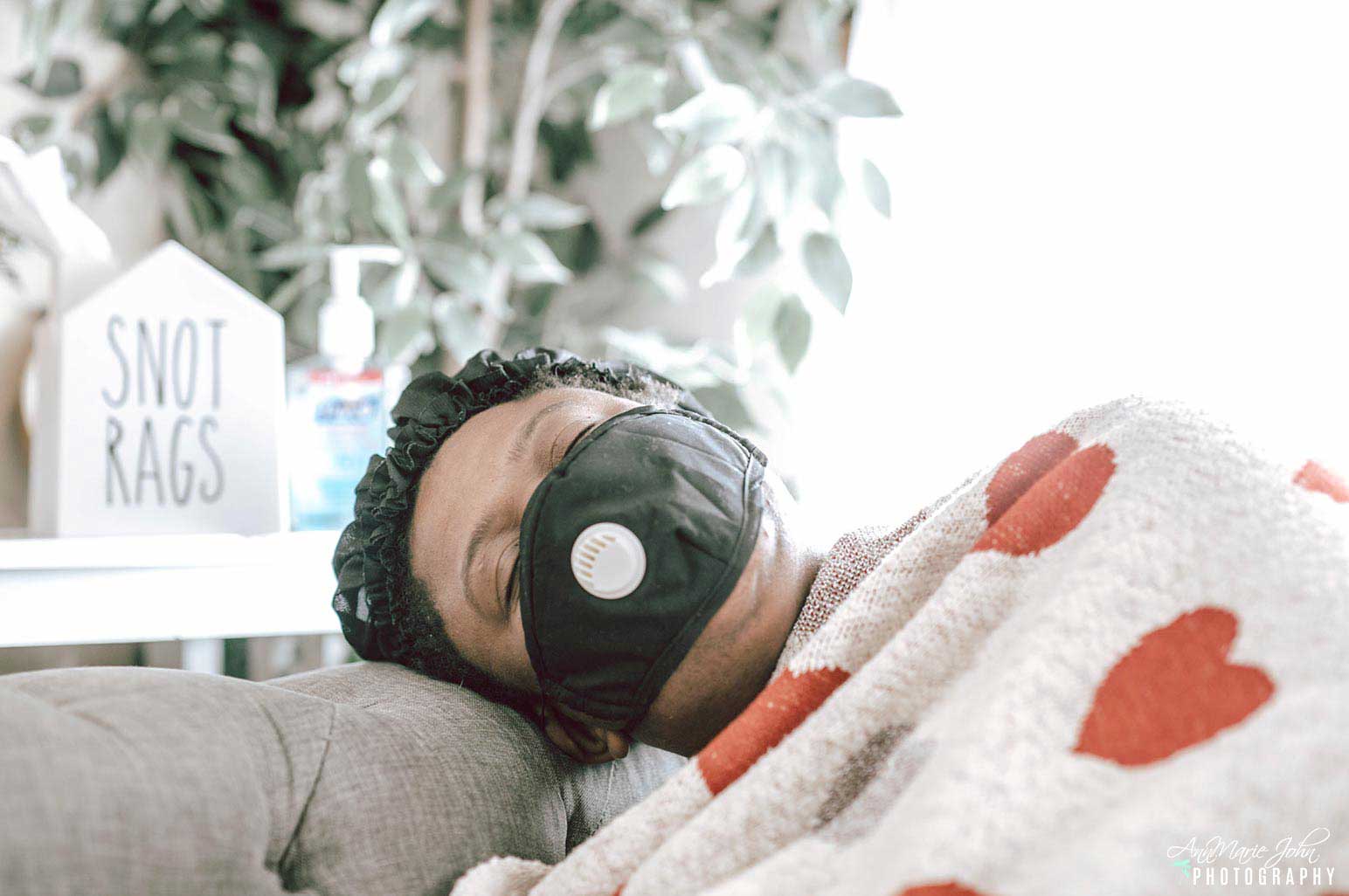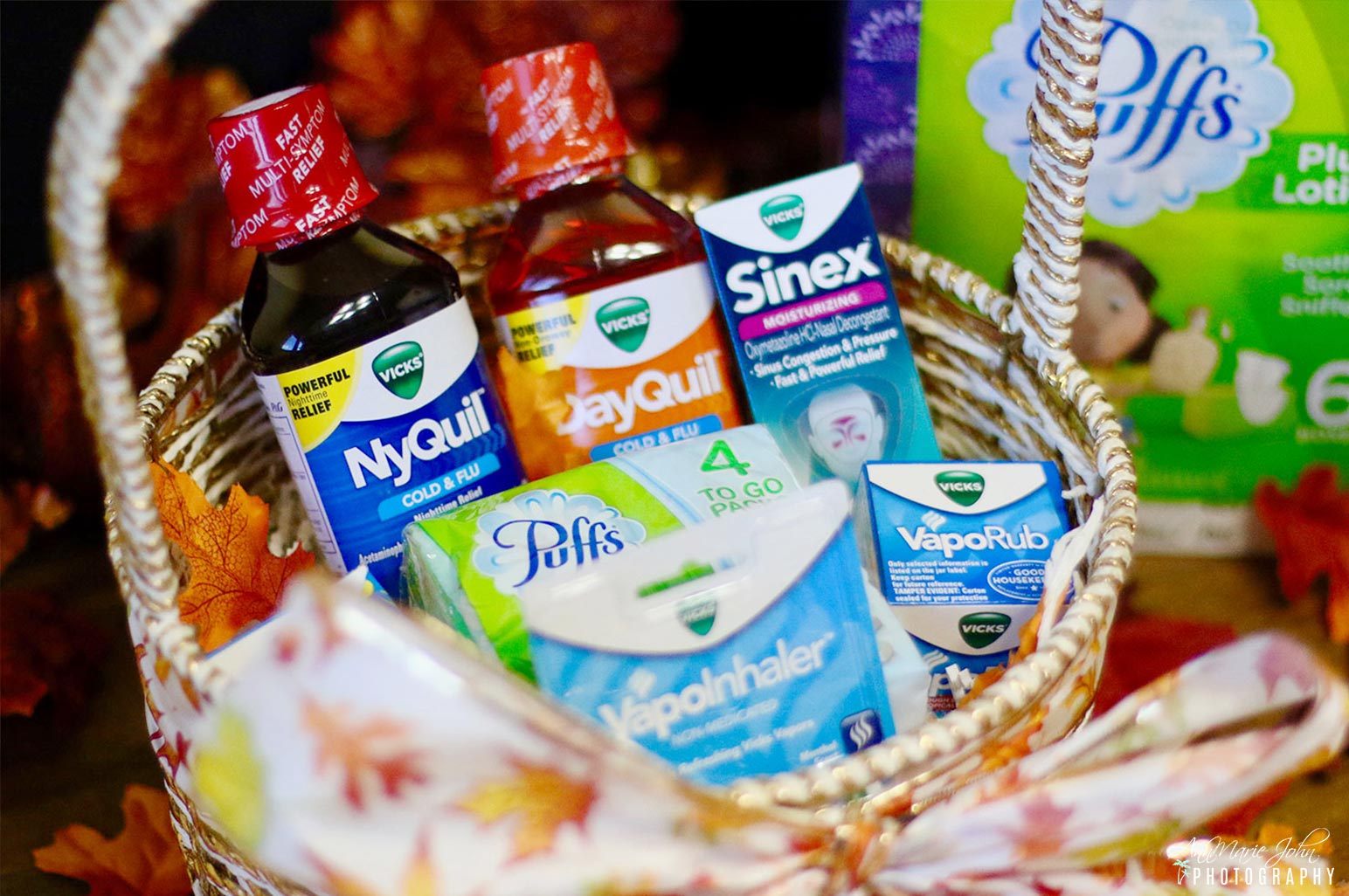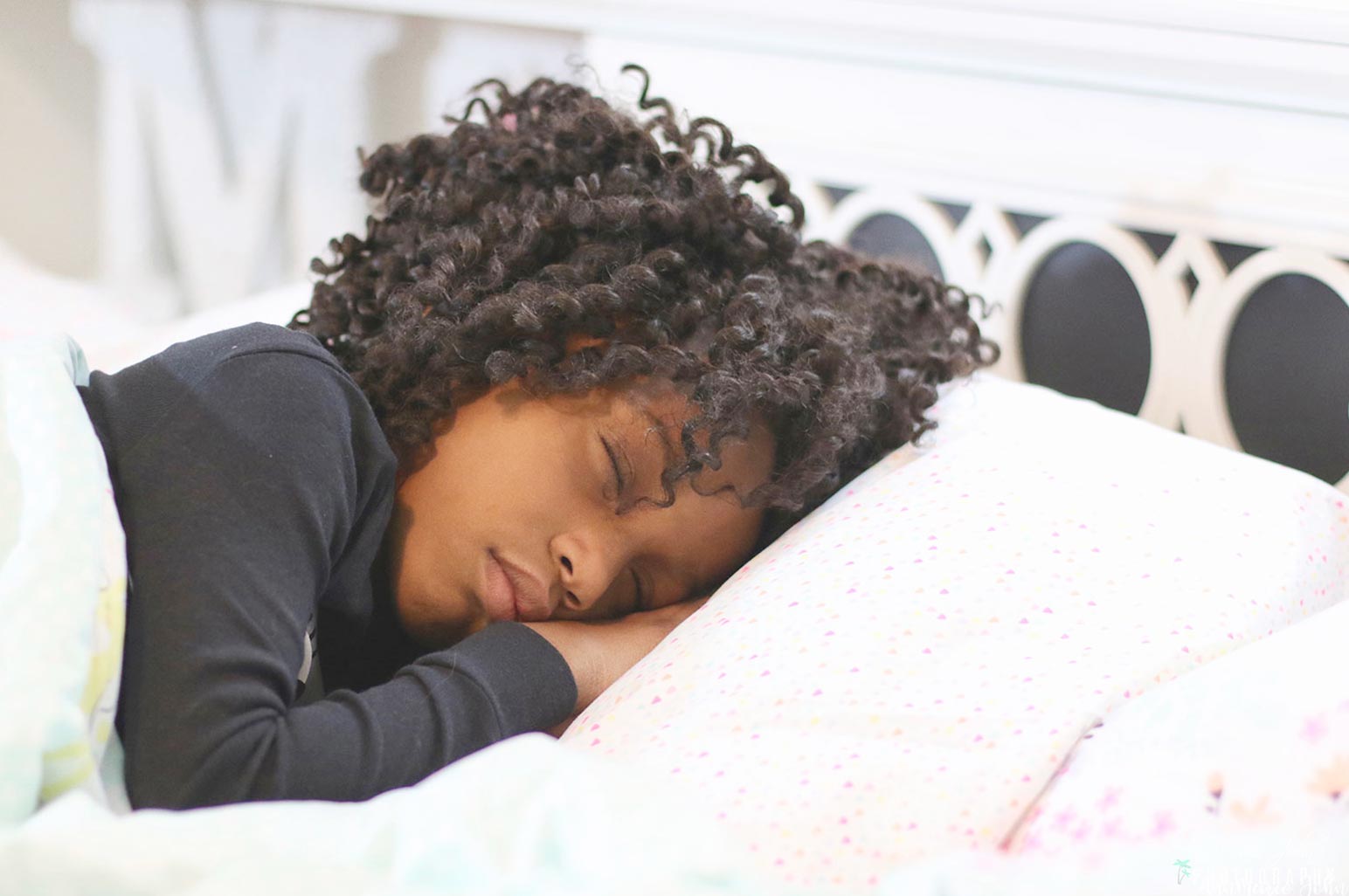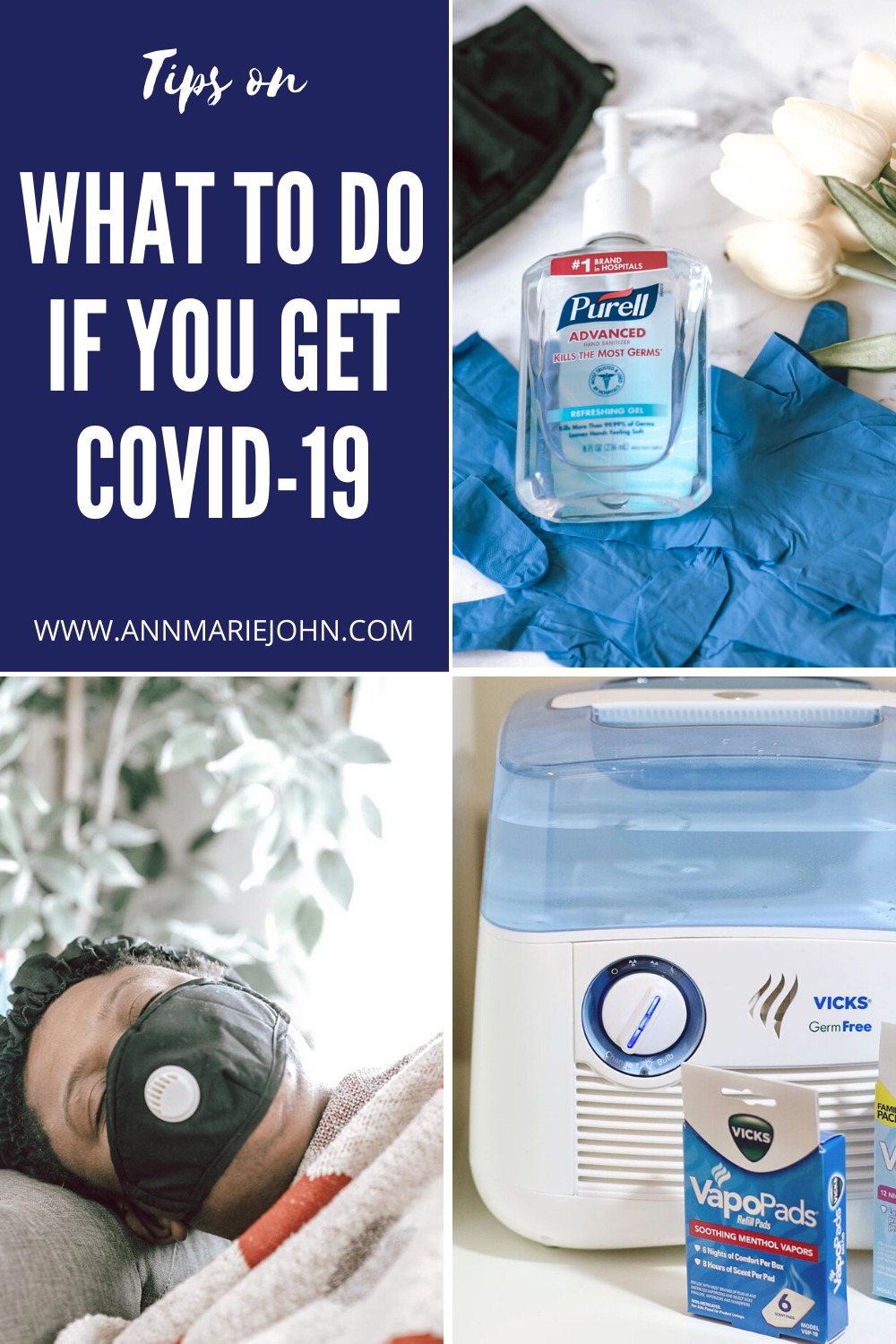Do you have any idea what you’ll do if you’re unlucky enough to contract Coronavirus – COVID-19?

Lately, all the talk has been about how you can avoid the dreaded virus, but not much on how to take care of yourself if something does happen. There are currently no vaccines, but also not much is said on what to do if it’s contracted. I searched the world wide web, and although Google is usually a lot of help, in this case, it wasn’t.
It wasn’t until yesterday when my cousin forwarded me some information that I had just a bit more than I had before. There were bits and pieces to be found, but nothing quite as detailed as this. And while this may not help everyone, I hope that it can help a few.
So we’ve all seen the recommendations on how to avoid contracting COVID-19 initially.
- Wash hands continuously with warm water and soap for no less than 20 seconds.
- Practice good personal hygiene
- Cover your coughs and sneezes
- Practice social distancing by staying 6ft away from others
- Stay at home unless absolutely necessary for essentials (and going to Walmart unless it’s for food, isn’t essential)
- If you do need to go shopping, plan your shopping list by categorizing so as to avoid having to revisit aisles more than once. This eliminates the possibility of you putting yourself at additional risk of contracting the virus.
In the event that you’ve done as much as you can, and you’ve still managed to contact Coronavirus, as many of us will, what can you do? From what we’ve been told, COVID-19 is a lot more dangerous than the flu, so you’ve got to prepare for it the same way you would prepare for the flu. Still, with some added essentials, because you know if not taken care of properly, you can essentially end up with bronchitis, pneumonia, and worst-case scenario, die.


ITEMS TO HAVE ON HAND
Acetaminophen (Tylenol) – One of the symptoms is fever, so make sure you have some acetaminophen on hand to help reduce the temperature and to keep you comfortable. While it’s not verified, but it’s been said that ibuprofen isn’t as effective.
Kleenex – Not sure what the reason was behind the hoarding of toilet paper, but tissues are good to have on hand, especially the anti-viral kind.
Cough Medicine – It’s recommended to get a low dose cough medicine, so you’re not entirely suppressing your cough as you need to cough to loosen and remove the fluid from your lungs. Check the label to ensure that you’re not doubling up on acetaminophen.
Teas – Drinking warm beverages to help loosen secretions in your chest (but honey and lemon works just as well)
Vicks Vaporub – Keep some on hand to rub on your chest and back. It’s medicated vapors works quickly to relieve cough and cold symptoms. And it’s also available in children and baby formulas as they aren’t exempt.

Humidifier – The use of the humidifier will help to open up your airways and ease your breathing (if you have children in your home, a cool-mist humidifier is recommended, but a warm mist is ideal). You can take steam baths, or open the shower as hot as it can get and breathe in the steam in the bathroom.
Prescribed Medications – Ask your doctor to refill your medication so you can have it on hand. Those with asthma, make sure that you have an extra inhaler and verify that they aren’t expired. Get refills if necessary. You may also be able to ask your doctor for a Z-Pack (typically used to treat secondary bacterial infections from pneumonia but how it may also help for Coronavirus) to have on hand if you qualify for one, as not everyone can take a Z-Pack.
Prepped Meals – now is an excellent time for meal prep. Consider making batches of food to store in your refrigerator so you can have it on hand, especially your favorite soups.
Water/Fluids – Hydrate, hydrate, hydrate. Water is essential, and you may also consider obtaining some coconut water has many health benefits and is also a good source of electrolytes.

FOR SYMPTOM MANAGEMENT
For fevers over 103°F, acetaminophen is recommended over ibuprofen, which is why it’s a great idea to have it on hand.
HYDRATE – Water helps to loosen the mucus in your lungs, so drink lots of it.
SANITIZE! – Wash your clothing and linens frequently and clean your bathroom and other surfaces that you come into contact with recommended sanitizers. Consider cleaning heavily used surface areas several times a day.
ISOLATE – It may be hard to isolate if you’re living with others, and you don’t have an extra room, but consider staying in the bedroom. In contrast, other family members can sleep on the couch, and have them leave supplies outside your room to avoid unnecessary contact.
GET LOTS OF REST – Resting is important, but ensure that you’re still moving around and not just lying in bed. You’ll be better once your temperature gets back to normal, and you’re no longer coughing up mucus. However, don’t leave your home immediately as you begin to feel better, as you can still be infectious up to two weeks later.

Unless you’re having difficulty breathing or your fever goes over 103°F and isn’t managed with medications, there is no need to go to the hospital— your risk of contracting the Coronavirus increases by you going there.
Also, those with pre-existing high-risk conditions such as lung conditions, cancer, etc., now is an excellent time to have a chat with your doctor about what you should do in the event of you getting sick.
With all being said, continue to observe the CDC’s recommendations to avoid getting COVID-19, be calm, and stay safe.



